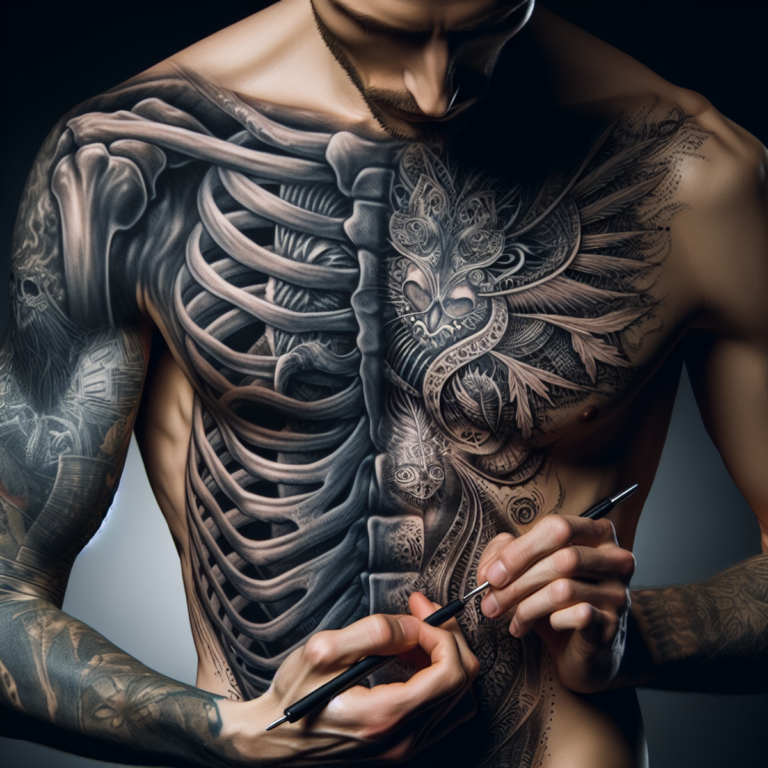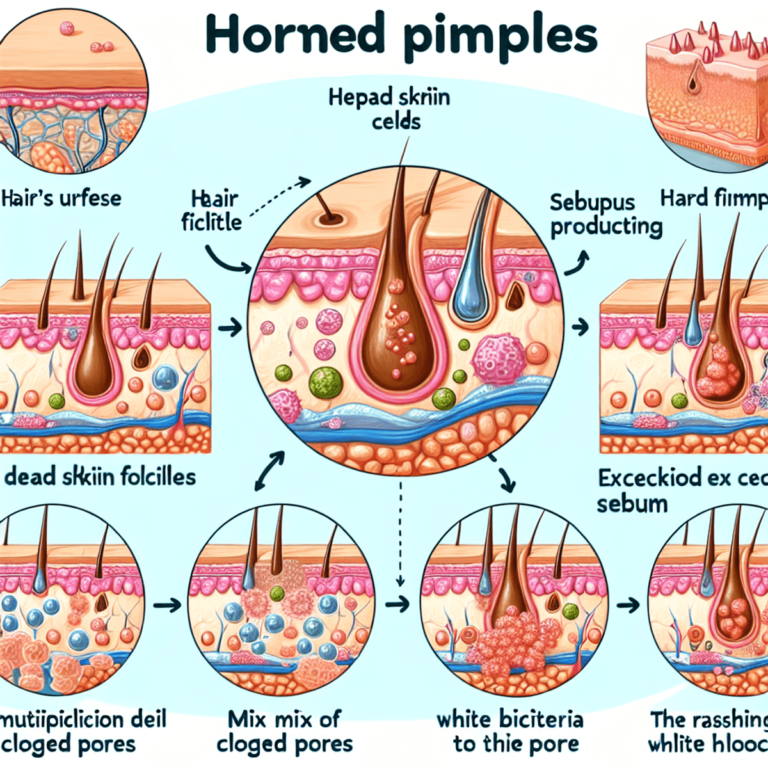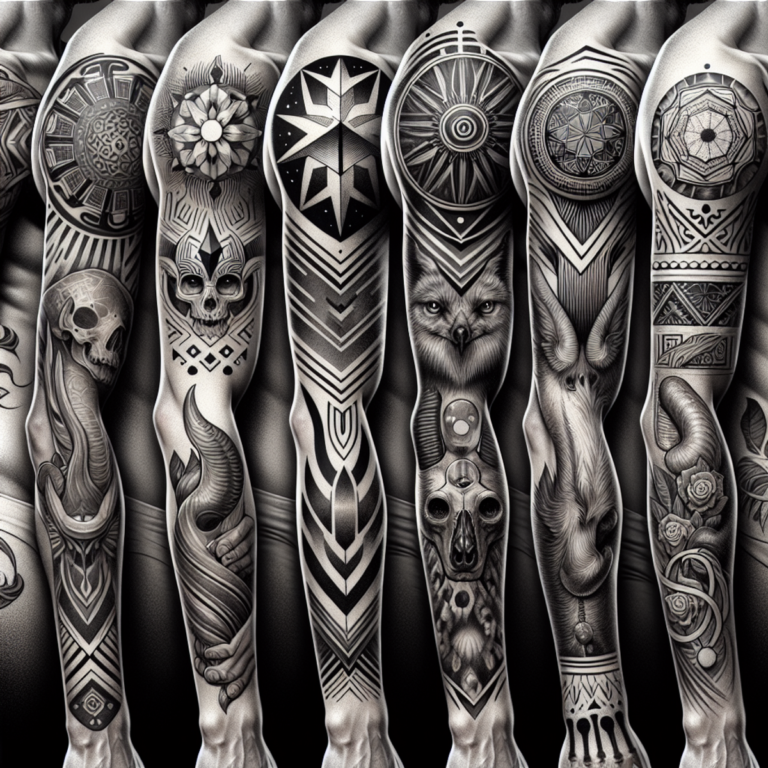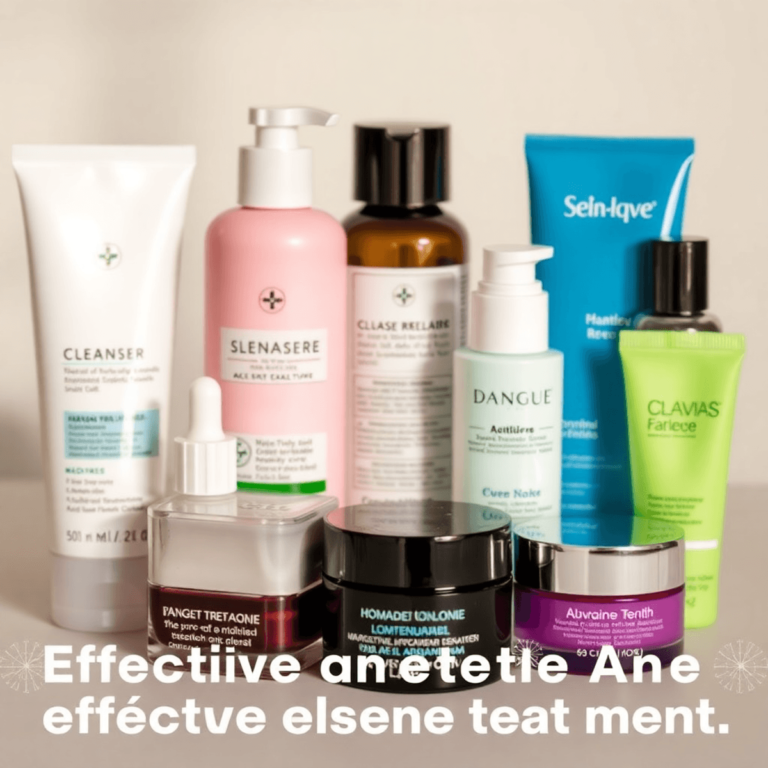How to Get Rid of Acne Without Using Medication
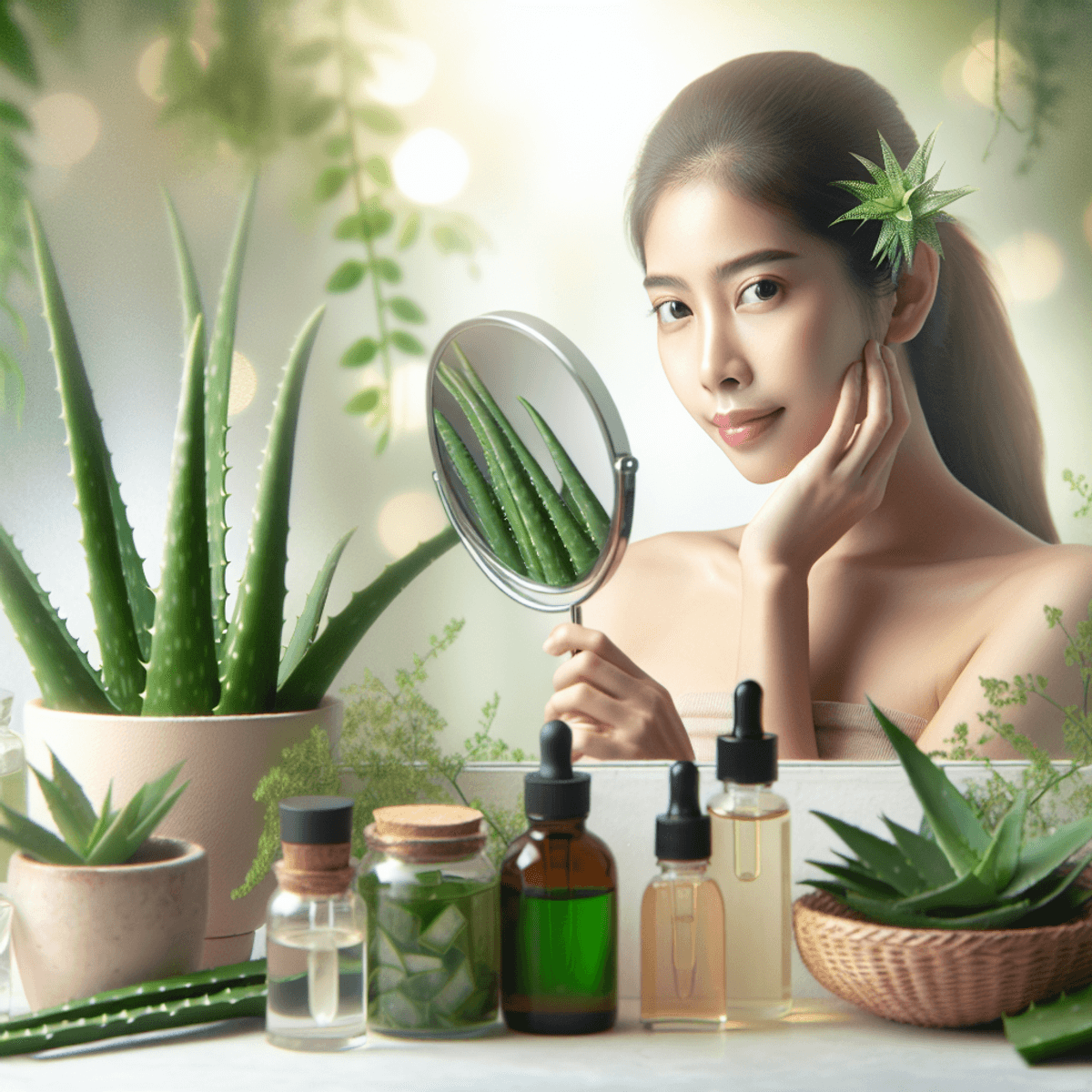
Introduction
Acne is a common skin condition that can affect both your appearance and your quality of life. It can range from small bumps on the face to more severe breakouts, often causing frustration and self-consciousness. Many people turn to medication for quick solutions, but there are also natural remedies available for those who prefer to manage acne without pharmaceuticals.
Getting rid of acne without medication requires a holistic approach that includes lifestyle changes and skincare practices. In this article, we’ll explore natural methods and tips for how to get rid of tiny bumps on the face, pimples on buttocks treatment, and even advice on how to get rid of zits fast. If you’re looking for overnight solutions, these hacks could be a game changer.
Whether you’re dealing with persistent acne or curious about how to get rid of bumps on your forehead, there are numerous strategies to consider. In the sections that follow, we’ll delve into:
- Dietary adjustments
- Beneficial supplements
- Effective topical treatments
- Practical lifestyle changes
Each method aims at reducing acne naturally while promoting overall skin health.
If you’re seeking immediate results, simple ways to get rid of acne fast might be worth exploring. Additionally, for those struggling with body acne such as on the chest or back, this guide offers valuable insights.
Understanding Acne: Causes and Types
Acne is a complex skin condition, often resulting from a combination of several factors. Central to its development is the clogging of hair follicles with oil and dead skin cells. This blockage creates an environment where bacteria thrive, leading to inflammation and the formation of pimples, bumps, or spots on the skin.
Key Factors in Acne Development:
- Hormones: During puberty, hormones known as androgens increase, stimulating the oil glands in your skin. This can lead to excess oil production, a primary trigger for acne.
- Bacteria: The bacterium Propionibacterium acnes (P. acnes) naturally resides on your skin. When hair follicles are blocked, these bacteria multiply rapidly, causing inflammation.
- Inflammation: As the body responds to bacterial growth and clogged pores, inflammation occurs. This response contributes to redness and swelling commonly seen in acne.
Types of Acne:
- Cystic Acne: The most severe form characterized by deep, painful cysts beneath the skin’s surface. Treatment often involves more intense strategies due to its persistent nature.
- Hormonal Acne: Primarily affects adults due to hormonal fluctuations related to menstrual cycles or stress levels.
- Comedonal Acne: Includes blackheads and whiteheads caused by clogged pores without significant bacterial involvement.
Understanding these causes and types lays the groundwork for exploring diverse strategies for managing and reducing acne without medication. Whether you’re dealing with stubborn cystic acne or trying to figure out how to get rid of pimples on your forehead overnight, recognizing what triggers your breakouts is crucial for choosing the right non-medication treatments.
For those grappling with adult acne, expert insights can provide valuable guidance. Additionally, some over-the-counter products like Neutrogena’s acne cleanser may offer relief as part of a broader treatment strategy.
How to Get Rid of Cystic Pimple
Reducing inflammation through ice application or using natural remedies like tea tree oil can help shrink cystic pimples overnight.
How to Stop Pimples
Balancing hormones through dietary adjustments and stress management techniques can be effective.
How to Get Rid of Tiny Bumps on Face Quickly
Exfoliating gently helps clear out clogged pores.
1. Dietary Adjustments for Clearer Skin
A nutrient-rich diet plays a crucial role in managing acne and achieving clear skin. By focusing on foods that reduce inflammation, you can potentially minimize breakouts and enhance your skin’s health. Here’s how to make dietary adjustments work for you.
Foods to Include
- Fruits and Vegetables: Rich in vitamins, antioxidants, and fiber, these should be staples in your diet for clear skin. Berries, leafy greens, and citrus fruits are excellent choices.
- Lean Proteins: Incorporate sources like chicken, turkey, and fish. Fish high in Omega-3 fatty acids, such as salmon, are particularly beneficial due to their anti-inflammatory properties.
- Whole Grains: Opt for quinoa, brown rice, and oats instead of refined grains. These provide essential nutrients without spiking blood sugar levels.
Foods to Avoid
- Processed Foods: High in sugars and unhealthy fats, processed foods can exacerbate inflammation and worsen acne symptoms.
- Dairy Products: Some studies suggest a connection between dairy consumption and increased acne severity. Consider reducing your intake if you notice a correlation with breakouts.
The Role of Hydration
Staying hydrated is crucial for maintaining healthy skin. Water aids in flushing out toxins from your body that could otherwise contribute to acne development. Aim for at least eight glasses of water a day to support overall skin health.
Tackling Specific Acne Concerns
For those wondering how to treat pimples or how to cure pimples, dietary adjustments can be a valuable part of your strategy. If you’re dealing with issues like how to get rid of bumps on the butt or how to get rid of blind pimples, these dietary changes may help reduce inflammation beneath the skin surface.
Addressing sudden face breakouts or spots often involves examining your diet closely. Eliminating trigger foods while incorporating anti-inflammatory options could lead to noticeable improvements over time.
By making these dietary tweaks, you’re not just working towards clearer skin but also improving your overall well-being. For more detailed guidance on these dietary changes, such as what specific foods to eat for clearer skin and fewer pimples, consider exploring this comprehensive anti-acne diet resource.
2. Beneficial Supplements to Consider
Exploring supplements for acne can be an effective route in the quest for clearer skin when aiming for natural treatments. These supplements may not only help with how to remove pimples permanently but also assist with specific issues like how to get rid of vaginal pimples or how to make pimples go away.
Zinc
Zinc stands out as a powerful mineral with anti-inflammatory properties. It helps reduce the redness and swelling associated with acne, providing relief from pustules and under-the-skin pimples overnight. Its ability to combat bacteria and regulate oil production makes it a popular choice for those seeking to manage breakouts naturally.
Omega-3 Fatty Acids
Omega-3 fatty acids, often found in fish oil, are known for their anti-inflammatory effects, which can help reduce acne severity. By balancing your body’s inflammatory response, they work towards minimizing flare-ups and are beneficial for addressing bumps on arms or face.
Probiotics
Probiotics play a significant role in maintaining gut health, which is intricately connected to skin health. An imbalanced gut can lead to inflammation and worsening of skin conditions. Incorporating probiotics into your routine may not only improve digestion but also positively influence your skin’s appearance by reducing inflammation that contributes to acne.
Together, these supplements provide a multifaceted approach towards managing acne without medication. They offer insights into how to get rid of bumps on arms or face while promoting overall skin health. By integrating these natural treatments into your lifestyle, you enhance your journey toward achieving clearer skin.
3. Effective Natural Topical Treatments without Medication
Tea Tree Oil: A Powerful Antimicrobial Agent Against Acne
Tea tree oil is known for its strong ability to fight bacteria, making it a popular natural treatment for acne. It comes from the leaves of the Melaleuca alternifolia plant and is a gentler option compared to harsh chemical treatments. What makes it effective is its ability to get into the skin and kill the bacteria that cause acne, which helps reduce swelling and redness.
Benefits of Tea Tree Oil for Acne-Prone Skin
- Fights Bacteria: Tea tree oil targets Propionibacterium acnes, the bacteria responsible for acne.
- Reduces Swelling: It helps lessen swelling and redness, providing relief from painful cystic acne.
- Gentle on Skin: Unlike some synthetic treatments, tea tree oil minimizes skin irritation and peeling.
How to Use Tea Tree Oil Safely in Your Skincare Routine
- Dilute It: Tea tree oil is very strong and should always be mixed with another oil like jojoba or coconut oil before using.
- Spot Treatment: Apply the diluted mixture directly onto blemishes using a cotton swab. This method works well for deep pimples or stubborn blackheads.
- Overnight Application: For persistent spots, leave the treatment on overnight to let the oil’s antibacterial properties work while you sleep.
- Be Careful Around Sensitive Areas: Avoid getting it near your eyes or any broken skin to prevent irritation.
Adding tea tree oil to your skincare routine can help with various concerns:
- How to get rid of pimples on your face: Regular use can clear active breakouts over time.
- How to stop getting pimples: Using it as a preventive measure may reduce new blemishes.
- How to get rid of deep pimples: Its anti-inflammatory effects can shrink large, painful cysts.
For those dealing with issues like tiny bumps on the face or spots on other body parts such as the bum or pubic area, tea tree oil offers a natural solution. While results can vary, many find this treatment helpful when tackling different forms of acne without resorting to medication.
While tea tree oil is effective against acne, it’s important to remember that consistency and proper usage are crucial for seeing results. Always do a patch test before using any new product on your skin to ensure there are no adverse reactions.
Aloe Vera: The Soothing Solution for Irritated Skin
Aloe vera is a popular natural remedy known for its calming effects on irritated skin. Its anti-inflammatory properties make it an ideal choice for soothing inflamed breakouts and reducing redness. This versatile plant contains compounds like polysaccharides that help heal and repair damaged skin, making it a great option for those seeking non-medicated acne management.
How to Use Aloe Vera in Your Skincare Routine
Incorporating aloe vera into your skincare routine can be simple and beneficial. Here are some ways to harness its potential:
- Pure Aloe Vera Gel: Apply a thin layer of pure aloe vera gel directly onto affected areas. This can help soothe blackheads and calm red, inflamed pimples.
- DIY Aloe Masks: Mix aloe vera gel with other natural ingredients like honey or tea tree oil to enhance its acne-fighting properties. These masks can be particularly effective for treating tiny bumps on the face.
- Aloe-Based Moisturizers: Look for moisturizers that list aloe vera as a primary ingredient. These products help maintain hydration while providing a calming effect.
For those struggling with specific issues like how to get rid of deep pimples or how to reduce pimple redness in 5 minutes, aloe’s gentle yet powerful action can offer relief without harsh chemicals. It’s also beneficial for preventing pimples on the face by maintaining a balanced and healthy skin barrier.
By exploring these methods, you can take advantage of aloe vera’s natural healing properties, offering an effective alternative to traditional acne treatments.
Other Natural Remedies Worth Trying
If you’re looking for natural ways to treat acne without medication, there are some effective options you can try. Ingredients like honey and apple cider vinegar have shown promising results due to their unique properties.
Honey
Honey is well-known for its antibacterial and anti-inflammatory properties, making it a powerful ally against acne-causing bacteria. It helps clear pimples by reducing inflammation and redness while promoting healing. You can apply raw honey directly to the affected area to soothe the skin and lower the risk of infection. This simple yet effective remedy can be used as a spot treatment or added to face masks for extra benefits.
Apple Cider Vinegar
Another versatile solution is apple cider vinegar, which can balance your skin’s pH levels and reduce scars left by pimples. Its acetic acid content exfoliates the skin, helping to remove dead cells and unclog pores—essential when dealing with blackheads that won’t come out. Remember to dilute apple cider vinegar with water before applying it to avoid irritation; you can use it as a toner or on specific areas.
These natural remedies not only help treat existing acne but also play a significant role in preventing future breakouts. Using these treatments regularly can assist you in managing different types of acne, from deep pimples on your face to stubborn spots elsewhere on your body. Adopting these methods may lead you towards clearer skin, reducing the need for pharmaceutical solutions.
4. The Role of Exfoliation in Preventing Clogged Pores
Regular exfoliation is essential for keeping your skin clear and preventing clogged pores, which often lead to new blemishes. By removing dead skin cells and excess oils, exfoliation naturally helps prevent pimples and can even speed up the process of fading blemishes.
Methods for Gentle Exfoliation at Home
There are various methods you can use to exfoliate your skin gently at home, ensuring that you maintain a healthy complexion without irritation:
- Physical Exfoliants: These include facial scrubs or brushes with granules that physically remove dead skin cells. Opt for products with fine particles to avoid micro-tears in the skin.
- Chemical Exfoliants: Ingredients like salicylic acid and glycolic acid dissolve dead skin cells without abrasive action. They are particularly effective for teenagers dealing with acne.
- DIY Natural Exfoliants: Homemade remedies such as honey mixed with sugar or oatmeal can provide gentle exfoliation while nourishing the skin. These options are excellent for those seeking quick solutions for pimples.
Exfoliating regularly can also assist those struggling with small bumps on their arms or face by promoting smoother skin texture. While it may not show immediate results, consistent gentle exfoliation is key to achieving long-term improvements. Whether you’re looking for ways to quickly reduce a pimple or improve uneven texture, incorporating exfoliation into your skincare routine is a step towards clearer, healthier skin.
5. Lifestyle Changes That Can Make a Difference
Addressing lifestyle factors is crucial in learning how to get rid of acne without using medication. Stress is a significant contributor to acne flare-ups, affecting the frequency and severity of breakouts. High stress levels can trigger the release of hormones like cortisol, which can increase oil production and worsen acne. Thus, incorporating stress reduction techniques into your daily routine can be beneficial.
Practice Mindfulness
Mindfulness practices such as meditation and yoga are effective methods for managing stress. These practices not only help calm the mind but also promote overall well-being. Setting aside just 10-15 minutes a day for meditation can lead to noticeable improvements in stress levels, potentially reducing the number of blemishes you experience.
Get Moving
Exercise is another excellent way to combat stress and improve skin health. Regular physical activity helps regulate hormones and increases blood flow, providing your skin with more oxygen and nutrients. Consider activities like jogging, swimming, or even brisk walking as part of your routine.
Prioritize Sleep
Adequate sleep is equally important; poor sleep quality can exacerbate stress and disrupt hormonal balance, leading to more frequent outbreaks. Aim for 7-9 hours of restful sleep each night to support skin regeneration and recovery.
To tackle specific concerns like how to get rid of bumps on legs or how to get bumps off your face, consistent lifestyle changes combined with home remedies for pimples can make a substantial difference. For pimple scar removal or finding an effective pimple scar removal cream, patience and perseverance are key.
These adjustments in your lifestyle provide a holistic approach to managing acne without relying solely on pharmaceuticals, offering sustainable options for clearer skin over time.
6. Practical Tips to Prevent Future Breakouts
Adopting daily habits can play a significant role in minimizing the risk of new pimples forming on your skin surface. Consistency in your skincare routine is crucial for pimple prevention.
General Tips for All Skin Types
- Cleanse Regularly: Use a gentle cleanser twice daily to remove dirt, oil, and impurities that accumulate throughout the day. This helps prevent clogged pores, a common cause of breakouts.
- Avoid Touching Your Face: Your hands come into contact with countless surfaces and bacteria. Refrain from touching your face, as this can transfer bacteria and oils that may trigger acne.
- Change Pillowcases Frequently: Dirt and oil from your skin and hair can build up on pillowcases, leading to acne. Changing them regularly ensures you’re not sleeping on a dirty surface.
- Use Non-Comedogenic Products: Opt for skincare and makeup products labeled as non-comedogenic. These formulations are designed to not clog pores, reducing the likelihood of breakouts.
Tailoring Skincare Routine Based on Skin Type
Developing a personalized skincare routine tailored specifically towards your unique needs is essential in tackling how to get rid of pimples fast or how to stop pimples coming on face. Understanding your skin type—whether it’s oily, dry, or combination—can guide your choice of products and treatments.
For Oily Skin
Incorporate products with salicylic acid or benzoyl peroxide to control excess oil and prevent under-the-skin pimples.
For Dry Skin
Hydrate with moisturizers containing hyaluronic acid or glycerin to maintain skin barrier integrity while preventing breakouts.
Targeted Approaches for Specific Concerns
Addressing specific concerns such as how to get rid of pimples on forehead or how to remove dark spots caused by pimples requires targeted approaches:
- Spot Treatments: Apply targeted treatments like tea tree oil or sulfur directly on blemishes for quick reduction.
- Dark Spot Solutions: Use products containing vitamin C or niacinamide known for their brightening effects on dark spots left by acne scars.
Routine adjustments such as these provide effective strategies on how to reduce pimples, paving the way toward clearer skin without medication reliance.
7. Managing Existing Acne Scars and Marks: What Works?
Acne scars and marks can linger long after breakouts have healed, affecting self-esteem and confidence. Exploring natural approaches to reduce these blemishes offers a gentle alternative to more invasive treatments.
Natural Remedies for Pimple Scar Removal
1. Lemon Juice
Lemon juice is known for its natural bleaching properties and may help lighten dark spots left by acne. The citric acid in lemon acts as an exfoliant, helping to remove dead skin cells and promote new cell growth. To use:
- Apply fresh lemon juice directly onto the scars using a cotton ball.
- Leave it on for about 10 minutes before rinsing with lukewarm water.
- Always follow up with a moisturizer to prevent dryness.
2. Vitamin E Oil
This antioxidant-rich oil is praised for its ability to repair damaged skin tissue and improve the appearance of scars over time. Here’s how you can use it:
- Puncture a vitamin E capsule and apply the oil directly onto the scarred area.
- Massage it gently into the skin to enhance absorption.
- Aim to do this once or twice daily.
Additional Techniques for Spot Scar Reduction
1. Aloe Vera Gel
With its soothing anti-inflammatory properties, aloe vera not only calms irritated skin but also aids in reducing redness and lightening scars. Applying fresh aloe vera gel directly from the plant onto your scars can provide hydration and promote healing.
2. Honey
A natural humectant with antibacterial benefits, honey helps fade scars while keeping the skin moisturized. Regular application of raw honey on affected areas can gradually diminish scar visibility.
Considerations
Natural treatments require patience and consistency; visible results may take weeks or months. Conduct a patch test before trying any new remedy to ensure no allergic reactions occur.
If you seek faster results or have deep pitted scars, consulting with a dermatologist about advanced treatment options might be beneficial.
Understanding these non-invasive methods provides an opportunity to explore how to remove pimple marks naturally while nurturing overall skin health.
Conclusion: Embracing a Holistic Approach Towards Acne Care Without Medications!
Exploring a holistic approach to acne care allows you to understand that managing breakouts naturally can be both effective and empowering. By focusing on how to get rid of acne without using medication, you open the doors to understanding your skin’s unique needs and learning how to remove pimples naturally and permanently.
Consider experimenting with the dietary adjustments and supplements mentioned earlier in this article. They have shown potential in reducing inflammation and improving skin health. Incorporate natural remedies like tea tree oil, aloe vera, and honey into your skincare routine for a natural pimple solution.
For persistent issues such as pimples on face removal tips or even pimples on buttocks home remedies, adopting these changes can lead you towards clearer skin. Focus on lifestyle factors, such as stress management techniques, to create an environment that supports healthy skin.
Finding the best cream to remove pimple marks fast may involve trial and error, but patience is key. Every individual’s journey is different; what works for one person may not work for another. The goal is to discover how these methods can help you get rid of pimples effectively while avoiding pharmaceuticals.
Your path to achieving radiant skin is personal. Embrace the journey with an open mind, exploring various strategies until you find what resonates with you.
FAQs (Frequently Asked Questions)
What is acne and why is it important to explore non-medication options for treatment?
Acne is a common skin condition that can significantly impact an individual’s quality of life. Exploring non-medication options for treatment is important because these methods can provide effective relief without the potential side effects associated with pharmaceuticals. This article will cover various natural methods to manage and reduce acne.
What are the main causes and types of acne?
Acne develops due to a combination of factors, including hormonal changes, bacteria, and inflammation. There are several types of acne, with common forms being cystic acne and hormonal acne. Understanding these causes can help in selecting appropriate treatments.
How can dietary adjustments help in managing acne?
A nutrient-dense diet plays a crucial role in managing acne. Incorporating anti-inflammatory foods such as fruits, vegetables, and lean proteins while avoiding processed foods and dairy can improve skin health. Additionally, staying hydrated is essential for maintaining clear skin.
What supplements are beneficial for skin health regarding acne?
Beneficial supplements for skin health include Zinc, Omega-3 fatty acids, and Probiotics. These supplements can positively influence skin conditions by reducing inflammation and promoting overall skin health.
What natural topical treatments are effective against acne?
Natural topical treatments such as tea tree oil and aloe vera have shown effectiveness in managing acne-prone skin. Tea tree oil acts as a powerful antimicrobial agent, while aloe vera helps soothe irritated skin. It’s important to use these treatments safely as part of your skincare routine.
Are there other natural remedies worth trying for acne treatment?
Yes, there are several other natural remedies that may be beneficial for treating acne. These include essential oils and various plant-based extracts known for their anti-inflammatory properties. Incorporating these into your skincare regimen can complement other treatment methods.


